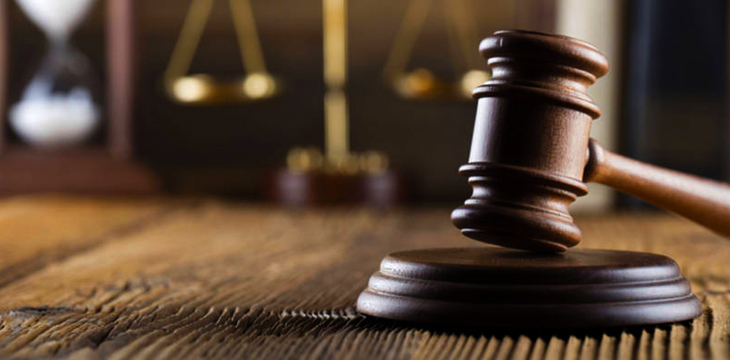|
Getting your Trinity Audio player ready...
|
The cryptocurrency world is still unregulated in so many countries, most of which are still debating about the exact framework to shape the industry. As a result, there are many “firsts” for Bitcoin with regards to legal action that many cryptocurrency proponents are watching closely, to see if they set any precedents. On March 14, 2019, in Singapore’s first “Bitcoin trial,” it appears as though it was the cryptocurrency exchange operator that was found liable, according to media reports.
The case involves a market maker and cryptocurrency exchange, where orders were made and actually reversed by cryptocurrency exchange Quione. Market makers are dealers of securities or assets that are actively buying and selling on platforms to provide liquidity. In this case, the market maker B2C2 placed seven sell orders for Bitcoin Core (BTC), at a rate of 10 BTC per one Ethereum (ETH).
The traders were reversed, which B2C2 argues is a breach of contract. The proceeds made were now lost, and resulted in B2C2 wanting to recover the 3,085 BTC that it had lost. Quione was found in breach of contract by Singapore International Commercial Court (SICC).
For context, the market maker was essentially able to profit millions in one trade where they would have profited thousands. B2C2 was essentially able to execute orders that returned them 250 times the normal profit they would’ve made at the time. Quione has claimed that a glitch prevented the platform from accessing external price data, which is what led to the orders actually going through.
To the shock of many, the court did rule that Quione was, indeed, in breach of contract and trust, and even stated that the exchange “acted fraudulently.” The judge, Simon Thorley, did not demand that Quione transfer the crypto, because the price of BTC has dramatically changed since April 2017. The judge also pointed out how the contract is really what led to the dispute, which refutes Quione’s argument that B2C2 is “being opportunistic.” Thorley stated: “This is not a case of B2C2 getting an unjustified windfall, it is the inevitable result of the way the parties have chosen to trade with each other.” No damages were specified by the court, but the parties are expected to settle on an amount.

 02-23-2026
02-23-2026 




